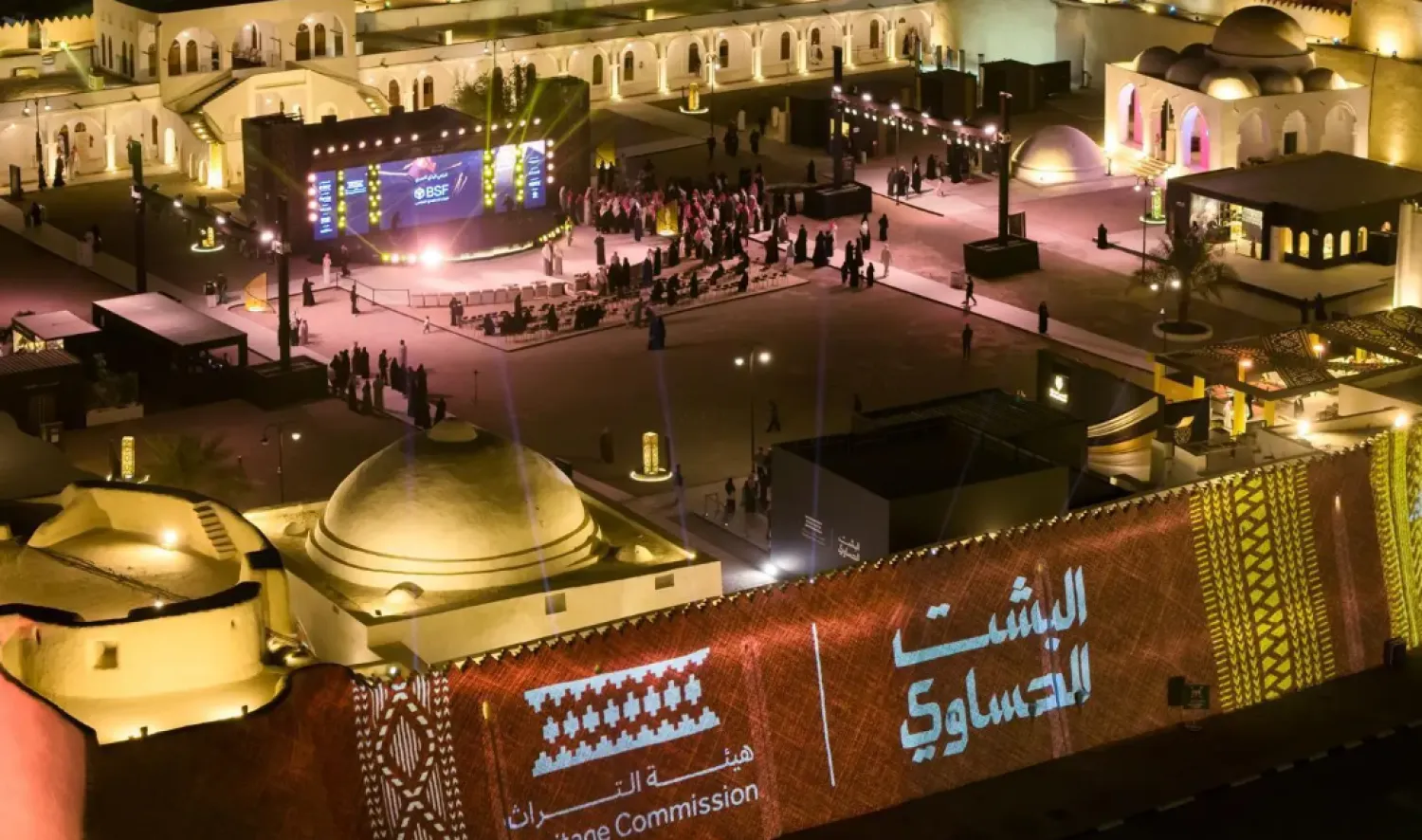The Saudi Museums Commission announced the launch of “Telling Tomorrow’s Story” campaign, which aims at raising awareness of museums’ role in preserving history and cultural heritage, strengthening national identity, and promoting new forms of creative expression.
The campaign motto embodies the Museums Commission’s forward-looking vision centered on innovation, preservation of historical and contemporary cultural treasures and practices, and fostering creativity for generations to come. Through “Telling Tomorrow’s Story” campaign, the Museums Commission presents museums as spaces where the past is kept safe, and where the future takes shape, SPA reported.
According to a statement issued by the Museums Commission on Sunday, the campaign includes digital content that showcases the museums and cultural centers under the Museums Commission’s authority, including: the National Museum, Al-Masmak Palace Museum, Saudi Arabia Museum of Contemporary Art at Jax (SAMoCA@Jax), Diriyah Art Futures (DAF), in Riyadh, and the Tariq Abdulhakim Museum in Jeddah. It also introduces future museums under development that are poised to enrich the Kingdom’s cultural landscape, in particular the Black Gold Museum in Riyadh and the Red Sea Museum in Jeddah.
As part of its efforts to preserve Saudi heritage and highlight its diversity, the Commission also announced the development of museums in 11 regions of the Kingdom, as follows: Al-Qassim, Al-Jouf, Aseer, Tabuk, Hail, Najran, Arar, Dammam, Makkah, Jazan, and Al-Baha. Under the motto “Our Saudi Story,” the regional museums will celebrate the cultural elements that make up Saudi history, heritage, and identity, collectively weaving the story of the Kingdom’s diverse cultural tapestry and rich history. In addition to displaying permanent collections, these museums will offer temporary exhibitions, educational programs, and cultural events, thus becoming inclusive spaces of knowledge, wonder, and community for all.
The statement added that the motto “Telling Tomorrow’s Story” reflects the Museums Commission’s commitment to sustainability, be it through documenting and preserving cultural heritage for future generations, or through integrating environmentally friendly practices into the design and operation of museums.
With “Telling Tomorrow’s Story”, the Museums Commission presents museums as more than just spaces – they are gateways to the rich stories of Saudi Arabia’s past, present and future.









